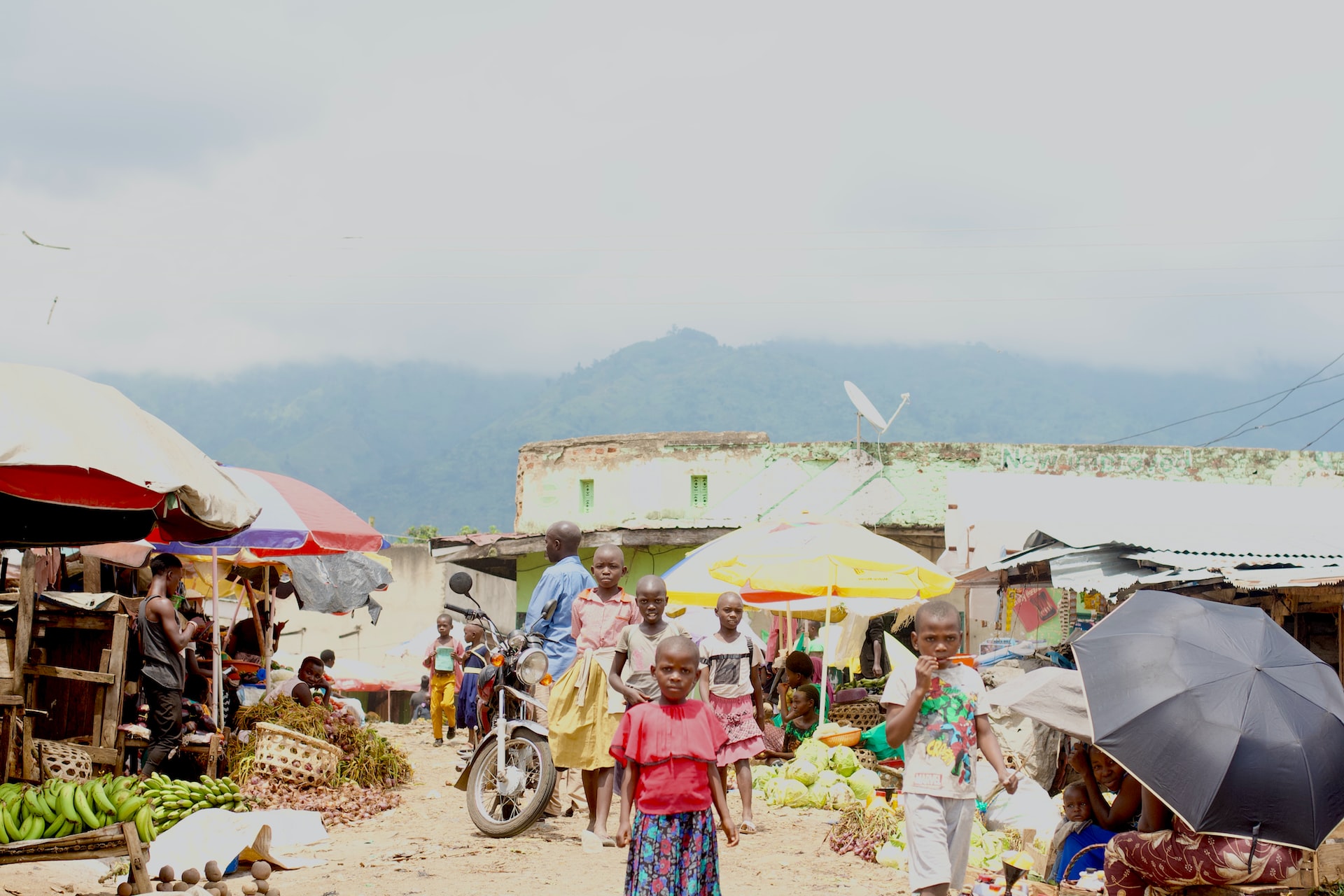Empowering Adolescent Girls and Young Women to Build Resilience
The ICAN Activity works with community structures to confront imbalances that undermine women’s economic opportunities and influence in communities.
Image

USAID ICAN’s Adolescent Girls and Young Women (AGYW) mentorship camps counsel adolescent girls and women between the ages of 14 to 24 years who have dropped out of school for various reasons such as pregnancy, early marriage, lack of funds to cover school fees and sexual assault. The AGYW mentorship camps engage successful women within the community as mentors. They are businesswomen, nurses or Village Health Team (VHT) members that the AGYW can look up to as role models. With USAID ICAN’s assistance, these mentors offer guidance and training during three cohorts of five-day training camps. The training equips the AGYW with skills in communication, emotional management, goal setting, entrepreneurship and financial management.
The trainings also offers practical instruction in income generating skills such as tailoring, baking, craft making and hair dressing. After the trainings, mentors continue to offer guidance and mentorship to the AGYW throughout the year.
An assessment of the first cohort found that 88 percent of AGYW ventured into income generating activities after the first camp and they increased their monthly income by an average of 83 percent.
USAID ICAN launched the AGYW mentorship camps in 2019. The first series of camps were held in two of the eight USAID ICAN supported districts (i.e., Kisoro and Lamwo districts) in five sub-counties each.
Training Curriculum
The AGYW mentorship camp curriculum is delivered in three parts:
- Finding your voice
- Exploring skills
- Empowerment.
The first camp trains the AGYWs to express their views, use their voices to influence those around them, and take advantage of available business opportunities.
The second camp exposes the AGYWs to diverse economic activities through skills including tailoring, basketry, hair dressing, craft making, and confectionery making. After the second camp, many of the girls start to explore business opportunities while others gather resources and invest in further improving their skills. USAID ICAN enables these efforts by linking AYGWs, through their mentors, to financial services such as government livelihood programs like the Uganda Women’s Entrepreneurship Program (UWEP), the Emyooga fund, and the Microfinance Support Centre (MSC). Many AGYWs join savings groups from which they can acquire loans to launch businesses.
The third camp teaches the AGYWs how to take control of their lives. At this point, the girls learn confidence and important life skills under the nurturing guidance of their mentors. Mentors help AGYW learn how to run businesses, make effective choices, and pitch ideas confidently. USAID ICAN works with mentors to create linkages with other community structures such as VHTs, Business Service Providers (BSPs), and women leaders in the cultural and political spheres.
Aligned with holistic resilience approaches, the mentorship camps address not only economic and financial topics but also personal ones such as women’s reproductive health, access to family planning, family nutrition, and the possibility of returning to vocational or formal education.
AYGW Camp Assessments
At the end of 2020 and in 2021, USAID ICAN evaluated the first cohort of AGYW mentorship camps before rolling out the second cohort. The AGYW mentorship camps assessment established the impact of the trainings on AGYW by evaluating whether participants had launched income generating businesses. The assessment also evaluated the challenges faced and documented the lived experiences of participants.
View the full technical note for more detail on the AYGW Assessment.
Lessons Learned
-
The camps highlighted the importance of businesses for income generation. After the camps, 88% of AGYW participants started their own businesses facilitated by financial linkages through USAID ICAN.
-
The camps laid the groundwork for improving AGYWs’ entrepreneurial habits and skills. Not only are they equipped with valuable skills in business selection, but also in ideal customer service and financial management.
-
Increased savings and income sources are vital in enabling AGYWs to better withstand shocks and stresses.
-
The camps urged more AGYWs who had previously dropped out to return to school. The assessment revealed that 10% of
AGYW participants went back for formal education while 26% enrolled for Functional Adult Learning (FAL) classes.
-
Despite the successes of the camps toward improving the well-being of AGYWs, they still face challenges such as gender-based violence (GBV). USAID ICAN empowered community leaders for mass sensitization against GBV.
Follow-Up Activities
-
Forge after camp mentor linkages of AGYWs to financial institutions (e.g., Microfinance Support Centres (MSC) and the Emyooga fund).
-
Support VHTs to conduct AGYW group visits to educate them on good nutrition practices and malnutrition prevention.
-
Use established partnership linkages (e.g., with Action Aid, Uganda Association of Women Lawyers, and the Uganda Law society) to engage AGYWs in leadership trainings that have empowered them to conduct community sensitization campaigns against GBV.
Impact
The assessment revealed that the camps prompted AGYWs to make positive behavior changes. They were empowered to improve their financial situation by launching income generating activities and increasing their incomes and savings.
USAID ICAN is confident that mentorship camps empower AGYWs. AGYWs reported that they were more resilient and felt better able to withstand shocks and stressors after attending the camps.
In the future and for continuity, USAID ICAN recommends that more AYGW mentorship camps should be set up additional locations. Ensuring that the camps are conveniently located will help reach more AYGWs with these critical messages. USAID ICAN will support the transition of AYGWs to key decision-making platforms in their communities.




